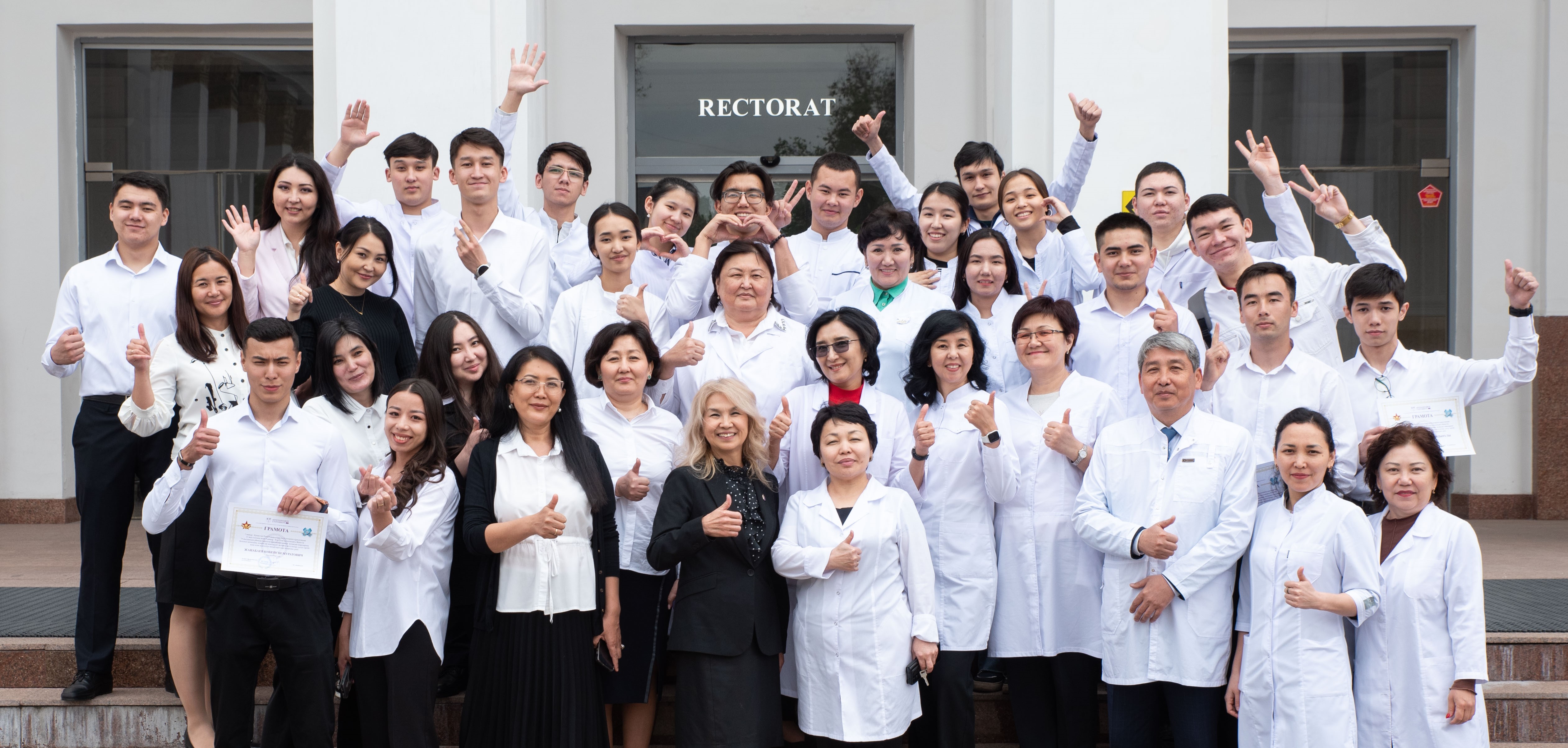In pursuance of the TUP on the specialty “General Medicine”, according to the GOSO-2006, for the 3rd year students, the Working Curriculum “Peculiarities of the Childhood Age” was developed from the 2015-16 academic year. Within the framework of this program, Election was approved “The Pratical Skills of an Objective Examination of Children” for 54 hours. This elective, is a mandatory component, which is claimed by students over the past two years. According to the analysis of digestibility and survival of knowledge on the “propaedeutics of childhood diseases” in students at the Department of Childhood Illnesses, it has shown that the possession of practical skills in physical examination, according to the Dublin Descriptors, is 78-82% (analysis of the session for 2015).
In 2017-2018 academic year, a sufficient number of hours in the educational process for the discipline “Peculiarities of the child’s organism” and the elective “AFI of children in different age periods” (from newborns to adolescents) for the analysis of semiotics, syndromes and patterns of development of pathology in children, e. directly propaedeutics of childhood diseases. This setting of the educational process in the third year will allow students to start practical activities with sufficient knowledge of the AFI of children and tested manual skills of examining children in each age period. Thus, the third year students of the specialty “OM” “MMF” and the newly opened pediatric faculty are: the discipline “Peculiarities of the child’s organism” with final control – a two-stage exam, including testing and interview. Employees of the department provide medical and counseling services at clinical facilities, conduct seminars and workshops for the city’s practical health care, participate in clinical analysis, conduct case histories and participate in KILI and pathoanatomical conferences. The highest qualification medical category is held by 38% of teachers, the first – 10% and the second – 10%.
